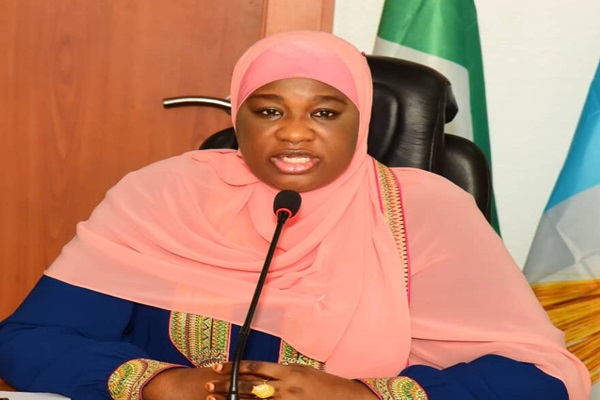
NAKURU, Kenya, Sep 16 – A technical team working on the review of Kenya’s Seed and Plants Act Cap 326 want it completely overhauled since it has been overtaken by issues.
The team which included seeds experts from different agricultural institutions such as Seed Savers Network of Kenya, scientists, farmers and other stakeholders described it as an old Act having been established in 1972.
Genetic Resources Research Institute (GeRRI) Director, Desterio Nyamongo said many issues have emerged which the current Act does not address.
He added that the act had been subjected to numerous amendments and re-amendments over the years thus the reason for a total overhaul.
Nyamongo cited the 2010 National Seed Policy which recognised the presence of two seed systems in Kenya yet the provision was not on-boarded into the Act.
Speaking in Nakuru during the first technical team meeting, he said the National Seed Policy only appreciated that there were formal and informal seed systems but failed to provide a structure that would ensure quality into the informal seed system.
“The informal seed system which serves approximately 80 percent of the country’s seed requirement and the Act does does not explore ways of injecting quality in it,” he said.
Nyamongo said the review came at an opportune time because there was a parallel review of the 2010 National Seed Policy which was at an advanced stage.
“The policy and Act review are happening at the same time, the country already has a Draft National Seed Policy and aligning it to the seed and plants varieties Act becomes easy,” he said.
He said the team’s main objective was to identify the gaps in the previous seed policy and develop a structure on how to address them.
“There are also other global and regional regimes that Kenya is a signatory to and yet the current National Seed Policy and the Seeds and Plant Varieties Act are not appropriately aligned to,” he said.
He said the team identified a roadmap of the review and outlined the structure of the repealed Act which would include ow issues of genetic resources as the building blocks for variety development would be addressed.
Inter-sectoral Forum on Agro-biodiversity and Agro-ecology (ISFAA) Coordinator, Martin Oulu said the seed Act had been identified as one of of the problematic legislations because it did not recognise and provide for indigenous seeds.
He observed that indigenous seeds are mentioned in the constitution Article 11, 3b which explicitly states that parliament should enact laws that recognise and provide for the utilization of indigenous seeds by the local community.
“Different organisations have been lobbying to have it comprehensively reviewed and the government agreed to this suggestion,” he said.
Oulu said the repeal would take time because being an Act of Parliament, its content had to be discussed and deliberated on different platforms as part of public participation.
He said during the five-day meeting, the team the team had a general positive outlook and agreed to support the two seed systems.
“There is need to strengthen the formal systems and lay out guidelines for the farmer managed seed systems. The team has agreed that both seed systems are important for the development of agriculture, economy and food systems, they need to work together,” said Oulu.
He insisted on the need to design a desirable model of farmer managed seed systems to be included in the Act.
“There has to be a measure of quality assurance so that when the farmer sell their seeds to their neighbours or someone else, the buyer have the right to ensure that the seeds can germinate ,that it is of the right variety and they do not have any kind of pest or diseases,” he added.
He underscored the importance of outlining the role of different players and actors such as farmers, the community seed banks, county governments, national government and Agricultural Semi-Autonomous Government Authorities (SAGAs).



